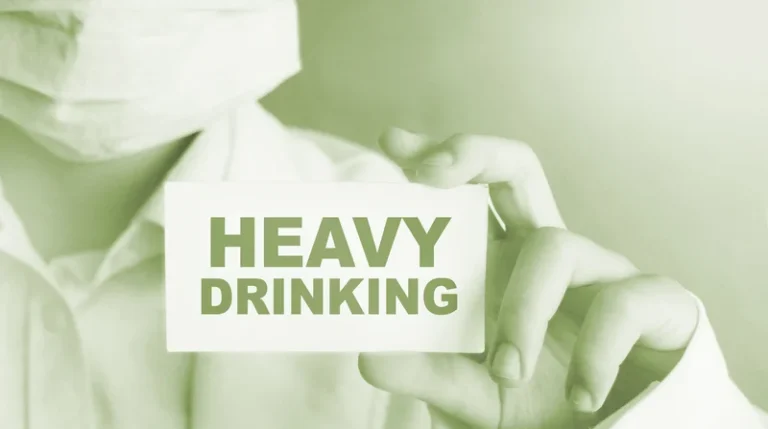
However, it is essential to distinguish between repressed memories and dissociative amnesia, another trauma-related memory phenomenon. Dissociative amnesia involves a loss of autobiographical memory, typically for a specific period or event, and is recognized as a distinct diagnostic category in the DSM-5. Unlike repressed memories, which are thought to be Halfway house unconsciously suppressed, dissociative amnesia involves a more conscious inability to recall certain memories. C-PTSD has gained attention in the years since it was first described in the late 1980s.
Understanding PTSD and Blackouts
- By sorting through those past emotions, you will be better equipped to handle the current ones and your mind will remain in-touch with reality.
- The average duration of a PTSD blackout is difficult to quantify due to the highly individual nature of these experiences and the challenges in accurately measuring lost time.
- However, because complex PTSD is a relatively new diagnosis, some clinicians could still diagnose another condition instead.
- The goal of PE is to reduce avoidance of traumatic memories and assist the person in having less severe reactions to memories and triggers of the trauma.
- CPTSD also includes behaviors such as difficulty controlling emotions, poor self-esteem, difficulty maintaining relationships, disconnecting from trauma and loss of faith or meaning in the world.
However, because complex PTSD is a relatively new diagnosis, some clinicians could still diagnose another condition instead. The ICD-11 states that a clinician must determine that a person meets all the criteria for traditional PTSD before diagnosing complex PTSD. When this happens, a person’s brain can perceive that they are in danger, even if they are not. This is known as an amygdala hijack and can also result in things like flashbacks, nightmares, or being easily startled. This triggering can manifest as a fight-or-flight response triggered by the amygdala, responsible for processing emotions in the brain.
- In conclusion, PTSD blackouts represent a significant challenge for many individuals struggling with the aftermath of trauma.
- Identifying these in your life may require keeping a journal to record frequency, duration, and problems caused by blackouts.
- Resiliency’s best described as the ability to overcome challenges of all types—including tragedy and personal crises—and bounce back stronger than before.
- For individuals grappling with the possibility of repressed memories or struggling with PTSD symptoms, developing effective coping strategies is crucial.
- Most people can relate to feeling afraid about things that haven’t occurred yet like a wedding or an upcoming speech.
- The short answer is yes, PTSD can indeed make you forget things, but the mechanisms behind this phenomenon are complex and varied.
PTSD – Accepting, Coping, Thriving

This cause differs from C-PTSD, which only emerges as a result of prolonged trauma exposure. If you or someone you care about has been exposed to repeated trauma and are struggling to cope, it’s important to seek help from a therapist who is familiar with PTSD. In addition to asking your primary care physician for a referral, ptsd alcohol blackout there are many online resources that can help you find mental health providers in your area who treat PTSD.
- Prolonged Exposure Therapy involves gradually facing trauma-related memories and situations in a controlled, supportive environment.
- Reducing alcohol consumption and avoiding smoking are also important steps in protecting cognitive health.
- The legal implications of repressed memory testimony are complex and contentious.
My Parting Words on the Symptoms of Complex Post-Traumatic Stress Disorder
By reducing overall stress levels, these techniques may help improve memory function and reduce the frequency of intrusive thoughts or flashbacks. Complex PTSD, on the other hand, is related to a series of traumatic events over https://ecosoberhouse.com/ time or one prolonged event. The symptoms of complex PTSD can be similar but more enduring and extreme than those of PTSD.

Feeling Ashamed

These can include a pervasive sense of disconnection from oneself and others, profound identity disturbances, and more severe forms of emotional numbing. Research has shown that dissociation is prevalent among individuals with PTSD. Studies estimate that between 50% to 80% of people with PTSD experience some form of dissociative symptoms. To understand why PTSD causes memory loss, we need to delve into the neurobiological changes that occur in the brain as a result of trauma. Trauma can alter the structure and function of several brain regions, particularly those involved in memory processing and emotional regulation. While traumatic memories may be deeply ingrained and difficult to forget, other long-term memories, especially those not directly related to the trauma, may become harder to access.


Remembering and recounting traumatic events is frequently an important component of the healing process in therapy. Memory gaps or difficulty recalling particular specifics may make it difficult for the individual to understand and move through their trauma in therapy properly. Relationships with family, friends, and loved ones might suffer as a result of memory loss.